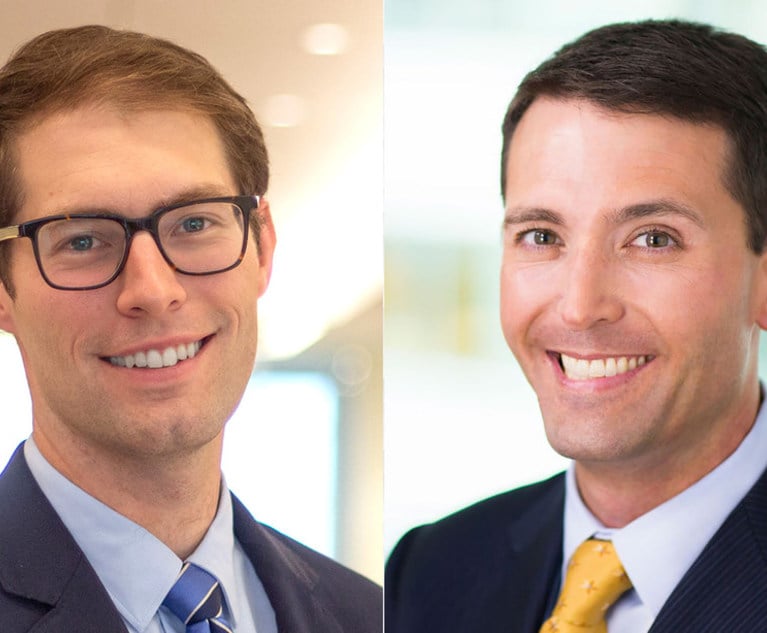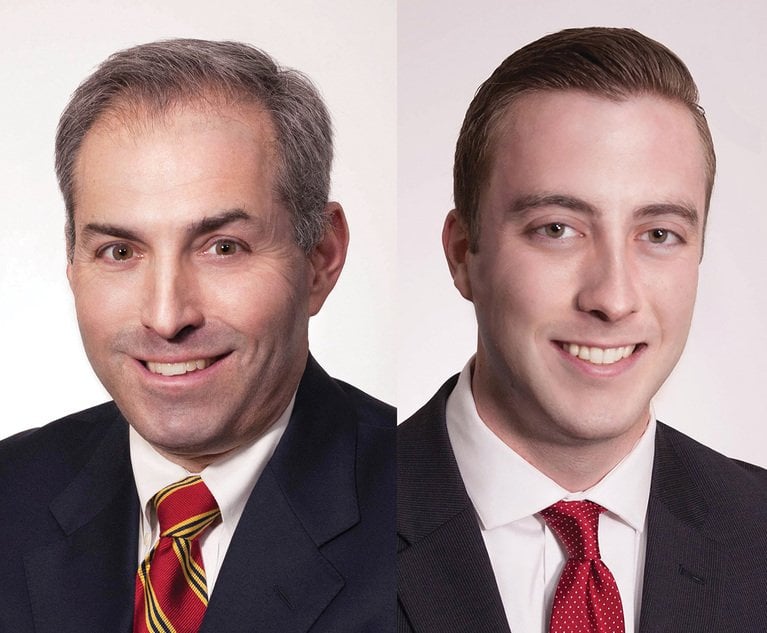The U.S. Supreme Court is considering a pair of cases against Silicon Valley tech giants that could have wide-ranging consequences for the structure of the internet. The court heard oral argument last week in both Gonzalez v. Google and Twitter v. Taamneh. The two cases raise distinct but related questions over what, if any, liability Google—the owner of video site YouTube—and Twitter can face over the terrorist organization ISIS’s use of the companies’ platforms.
Lurking behind both cases is an active policy debate over Section 230 of the Communications Decency Act, which Congress put in place in 1996. Section 230 provides liability protections for providers of “an interactive computer service,” which includes online platforms like YouTube and Twitter, by preventing them from being “treated as the publisher … of any information provided by” a third party. In the decades since it was enacted, courts have treated Section 230 as a broad prohibition against holding online services liable for content posted by their users.
This content has been archived. It is available through our partners, LexisNexis® and Bloomberg Law.
To view this content, please continue to their sites.
Not a Lexis Subscriber?
Subscribe Now
Not a Bloomberg Law Subscriber?
Subscribe Now
LexisNexis® and Bloomberg Law are third party online distributors of the broad collection of current and archived versions of ALM's legal news publications. LexisNexis® and Bloomberg Law customers are able to access and use ALM's content, including content from the National Law Journal, The American Lawyer, Legaltech News, The New York Law Journal, and Corporate Counsel, as well as other sources of legal information.
For questions call 1-877-256-2472 or contact us at [email protected]


 Left to right: Andrew Linz and Stephen Miller, Cozen O’Connor. (Photo: Courtesy photo)
Left to right: Andrew Linz and Stephen Miller, Cozen O’Connor. (Photo: Courtesy photo)




